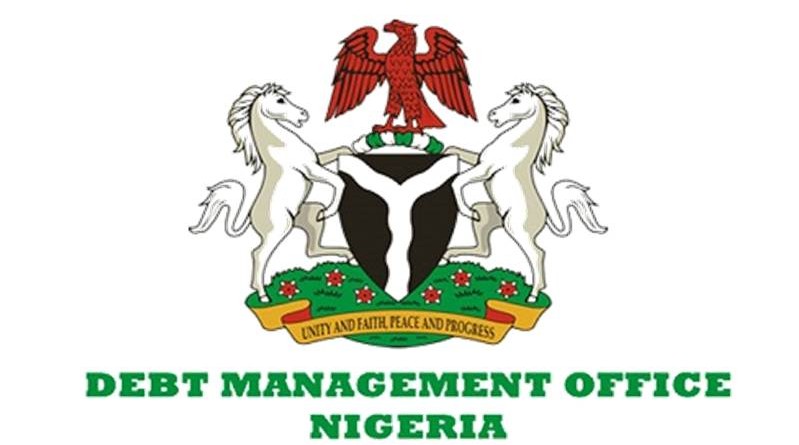Nigeria’s Debt Service payments in first qtr of 2023 stood at N2,229 billion
Debt service payments on both domestic and foreign loans totaled ₦1,317.08 billion in the first quarter of 2023, according to data issued by the Budget Office of the Federation. This represents an increase of ₦39.61 billion (3.10 percent) over the ₦1,227.47 billion expected for the quarter.
During the reviewed period, ₦874.13 billion was utilized for servicing domestic debt, and ₦442.95 billion was allocated for servicing overseas debt. Debt service payments increased to ₦2,229 billion in Q1 2023 when interest payments on Ways and Means are taken into account.
The significant build-up of both external and domestic debt over time, as well as the high interest rate on Ways and Means—estimated at the Monetary Policy Rate plus 3 percent—are the main causes of the Federal Government of Nigeria’s high debt servicing costs. The Ways and Means securitization in May is probably going to result in lower interest payments in the upcoming quarters.
Exorbitant debt service costs take money away from building infrastructure, providing healthcare, and improving education. Future growth is constrained by low investment in key industries that foster growth. Inefficient government expenditure, low taxation, historical debt accumulation, and fiscal deficits are the causes of high debt payments.
Therefore, it is crucial that the government establish laws and initiatives that would guarantee that debt is only taken on for projects that are likely to support economic growth and raise future tax revenues. In order to maximize the public benefit from tax dollars, all levels of government should also work to lower the cost of governance and boost expenditure efficiency.




